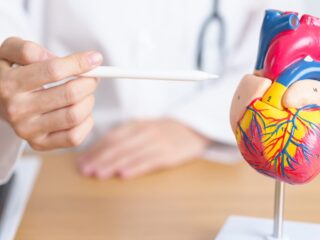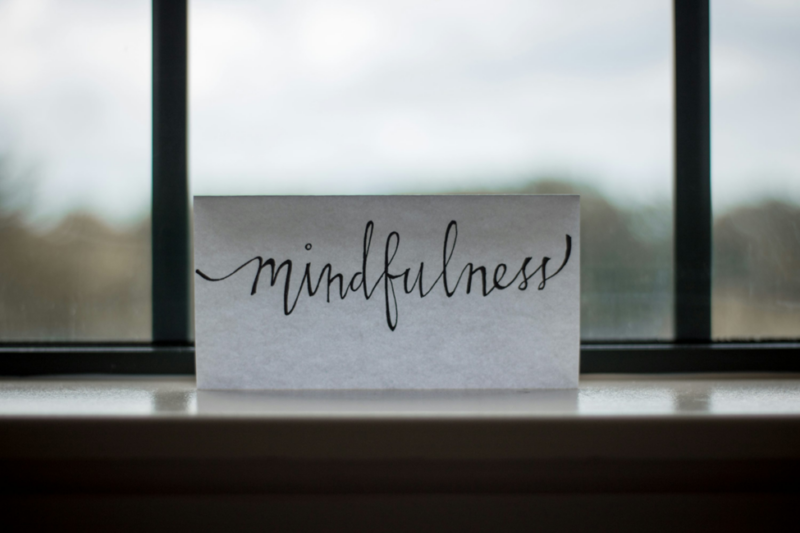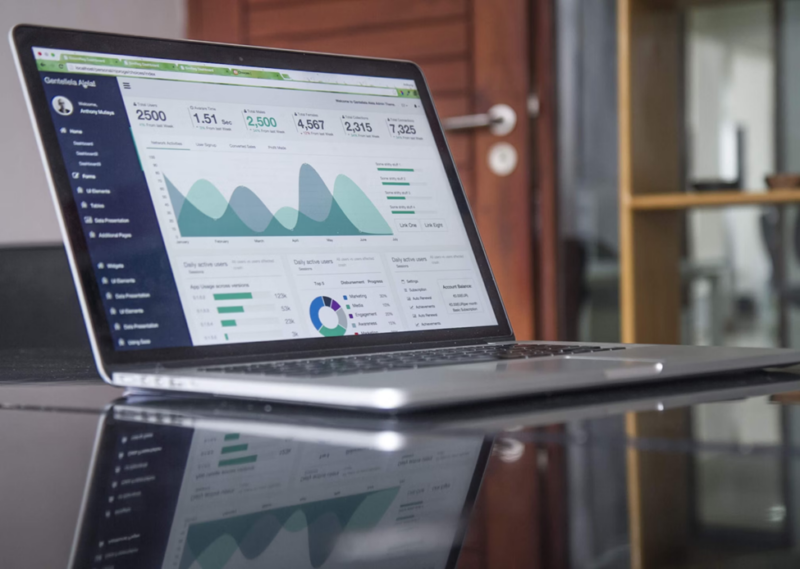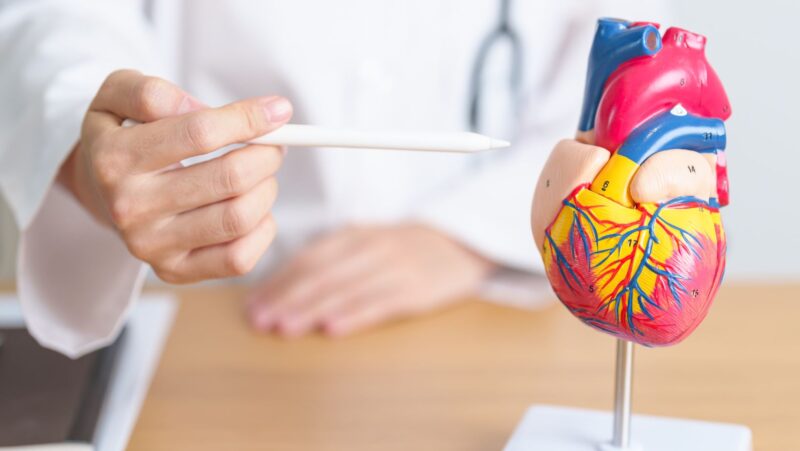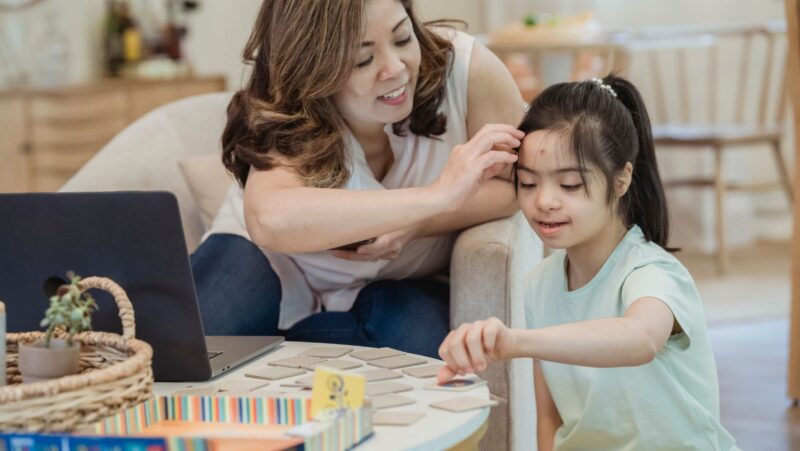Care for residents in a nursing home brings many responsibilities, but one of the most important is medication management.
Proper medication management encourages residents to receive their prescribed medications correctly and safely. This blog post will delve into best practices for medicines in elderly care to ensure a safe, effective, and caring environment for all involved.
Meaning of Medication Management
Medication management means that efforts to this cause are effective in taking care of the elderly, considering that most nursing home residents receive several medications for their chronic diseases.
Elderly residents are uniquely sensitive to medicines due to changes, often age-related, making managing multiple prescriptions problematic. Effective medication management prevents drug-related adverse reactions and interactions that may have implications for the resident’s health and quality of life.
Comprehensive Medication Analysis
One of the most effective medication management best practices is providing frequent comprehensive reviews. Such reviews appraise all medications that a particular resident may be using, ensuring they are necessary, are an exact match anchor to respective residents, are effective, and do not result in harmful side effects.
These reviews will help identify potential drug interactions, duplications, dosage adjustments, or discontinuations of medications that might not be necessary at that particular moment. The involvement of pharmacists makes such reviews very useful because they have specialized knowledge in medication therapy management.
Proper Documentation and Communication
Medication management can be effective with proper documentation and good communication. Staff at nursing homes should have up-to-date records of residents’ medications: what has been given, when it was taken, and what side effects were observed. A readily accessible record should be available to any health personnel working on a resident.
Nurses, doctors, pharmacists, and family members should constantly have open communication channels that alert them in due time to any changes regarding the treatment regimen for the residents or their general health conditions.
Employee Training and Development
They are crucial inputs into the training and education of a nursing home workforce for effective management. Staff need to be enlightened on how they would detect common drug-related side effects and administer medications with ease. More importantly, primary to the in-job training should be ongoing educational programs about new drugs and guidelines/best practices considerations during administration. Educated staff members will become more immune to complexities in handling medications but, at the same time, will ensure the safety and well-being of the resident.
Making Technology Work for Medication Management
Technology would be instrumental in ensuring better medication management among nursing home applicants. An eMAR (electronic medication administration records) technology system enhances the prevention of errors in medication by alerting staff members on potential drug interactions, sensitivities, allergies, and missed doses. This can be done by making clear and accurate records made available for every resident on drugs.
The other enhancement brought about by medication storage and dispensing is the automated dispensing cabinets that increase efficiency and effectiveness in ensuring that residents receive the proper medications on time.
Technology-aided medication management can be more precise, effective, and safer in a nursing home environment.
Medication Storage and Security
Proper storage and medication security help avoid untoward medication errors and ensure resident safety. To maintain effectiveness, medications should be stored in a temperature-controlled environment.
Very well-defined storage protocols should be maintained in the nursing home. Separate facilities to keep different categories of medicines in other areas should be available to prevent confusion.
The medication should be regularly audited to check on storage and security protocols, and access to the medication should be by authorized staff only to ensure the safety of the residents’ medicine.
Involvement of Residents and their Family Members
This will make obtaining better results and higher satisfaction rates for the residents and their families easier.
If residents learn about their medication, why they are on it, and what side effects to expect, they are empowered to actively participate in their health care. Families can be a reliable source of information on the resident’s medical history and any observed change in the resident’s health status.
It will, therefore, make medication management practices effective and person-centered and encourage residents and families to open up about their thoughts toward managing medications in a supportive environment.
Monitoring and Reporting Adverse Reactions
Monitoring for adverse medication reactions is a critical area of medication management. Since this aims to train the staff to recognize reactions and report them promptly to the involved healthcare provider, it is essential to have a clear protocol for monitoring and reporting responses to address issues more rapidly and the medication regimen adjusted accordingly.
Continual monitoring of health avoids serious complications and ensures that residents receive the most appropriate and effective medications to serve their needs.
Regular Audits and Quality Improvement
Audits must frequently be conducted to ensure medication management in nursing homes is subjected to regular audits and guided by continuous quality improvement efforts. Audit results can point out areas where improvement is needed, such as adherence to protocols, the accuracy of documentation, and staff training needs.
Strong quality improvement programming will encourage nursing homes to continually examine ways to improve medication management. This will create a culture of improvement, allowing facilities to care for their residents safely and effectively.
Conclusion
One key but most challenging aspect of operating a nursing home is medication management in elderly care. The best practices discussed above ensure that residents receive the safest and most effective care, enhancing their health, well-being, and quality of life.





